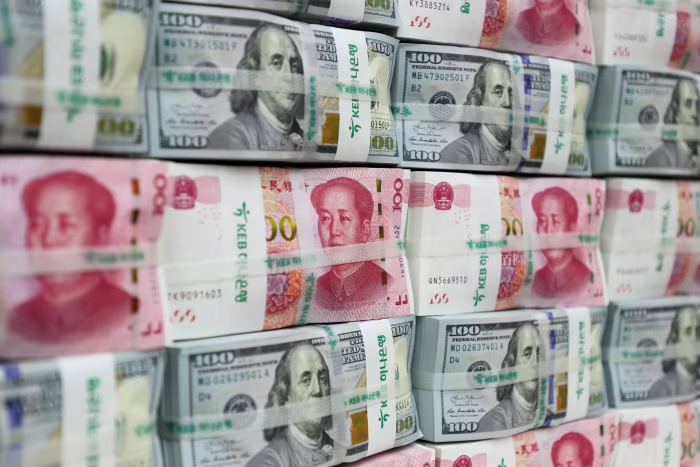
The bullish bets in the Asian currency market are increasing rapidly, and a recent Reuters poll indicates the reasons behind it: a major breakthrough in U.S.-China trade relations and the signing of general trade deals. This transformation is causing severe weakness in the American dollar and forcing investors to completely change their strategies.
The dollar had been thriving for a long time on the back of global instability and aggressive U.S. monetary policy. However, with the waning of the U.S.-China trade tensions, a major source of global instability has disappeared. This rekindling of the Washington and Beijing dialogue is a crucial factor in the entrenchment of global stability, which, the Reuters poll suggests, is gaining a particularly big boost due to trade-dependent Asian economies. Investors are now more comfortable placing their funds in Asian assets and thus, the demand for a safe haven dollar has decreased.
Moreover, the signing of the various trade agreements is one of the reasons that the dollar is falling. With the weakening of the dollar demand, hedge in the global trade prospects, and the funds are also moving out of dollar-denominated assets. In this connection, the poll indicates this raises the Asian currencies, including the Singapore dollar, the Indian rupee, and the Thai baht, as well as the South Korean won and the Malaysian ringgit, which have turned bullish after going through a period of bearish sentiment, to a level of strength as soon as possible.
The Reuters poll is indicating an increased trust by Asia in the resilience of the economy spurred by an environment that is believed to be more peaceful in global trade. A concurrent flow of capital further indicates a general resetting of the world from a US dollar-led era to a more diverse one that is making the Asian currency more and more appealing.”













